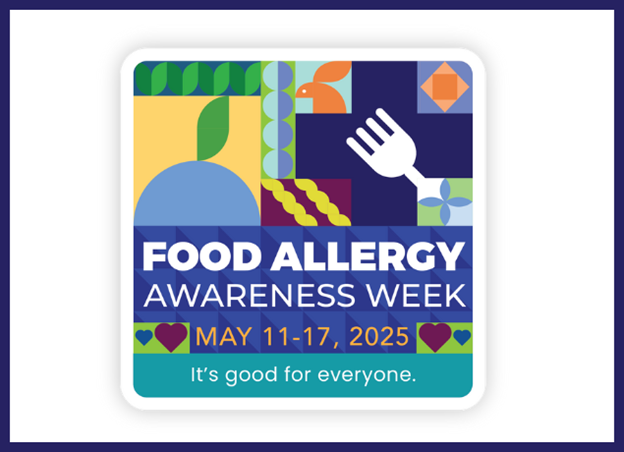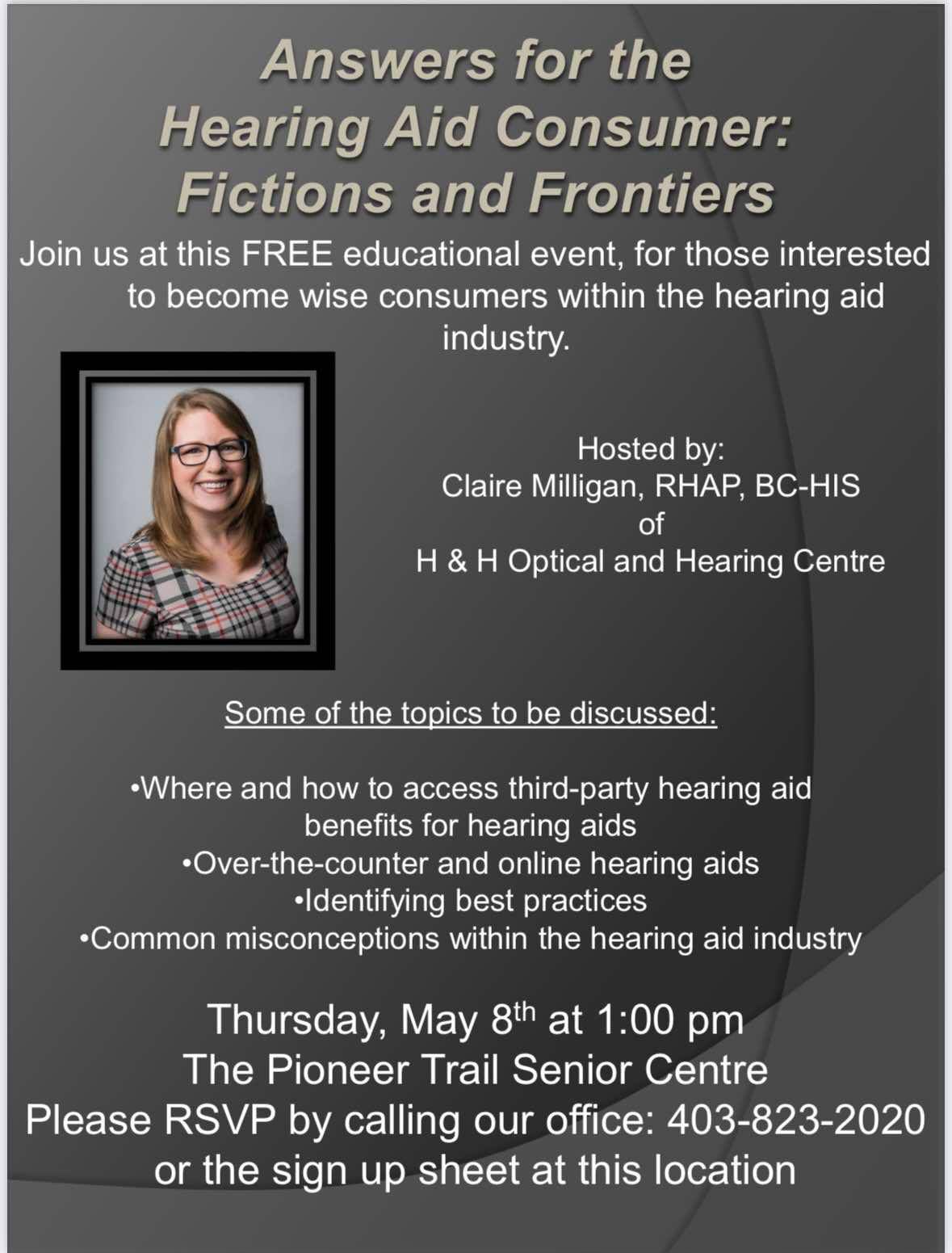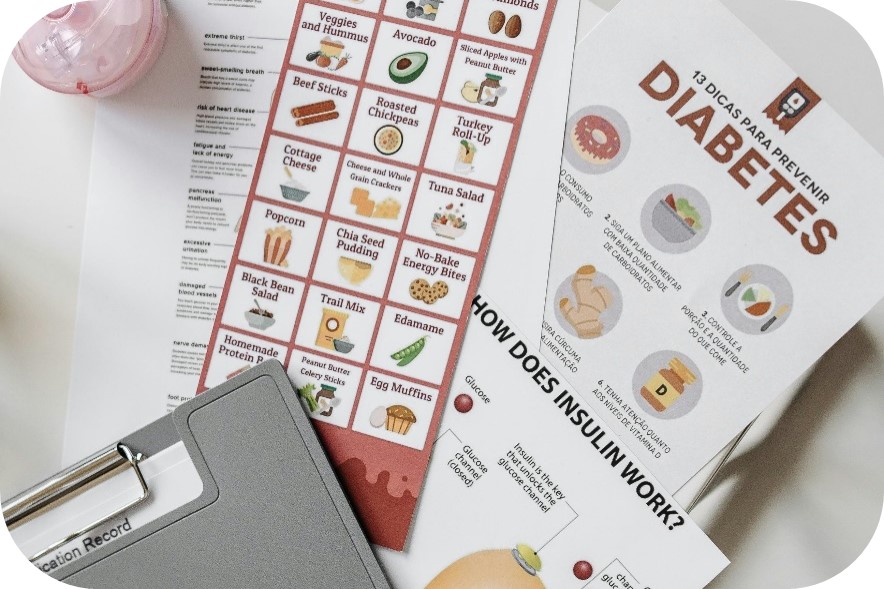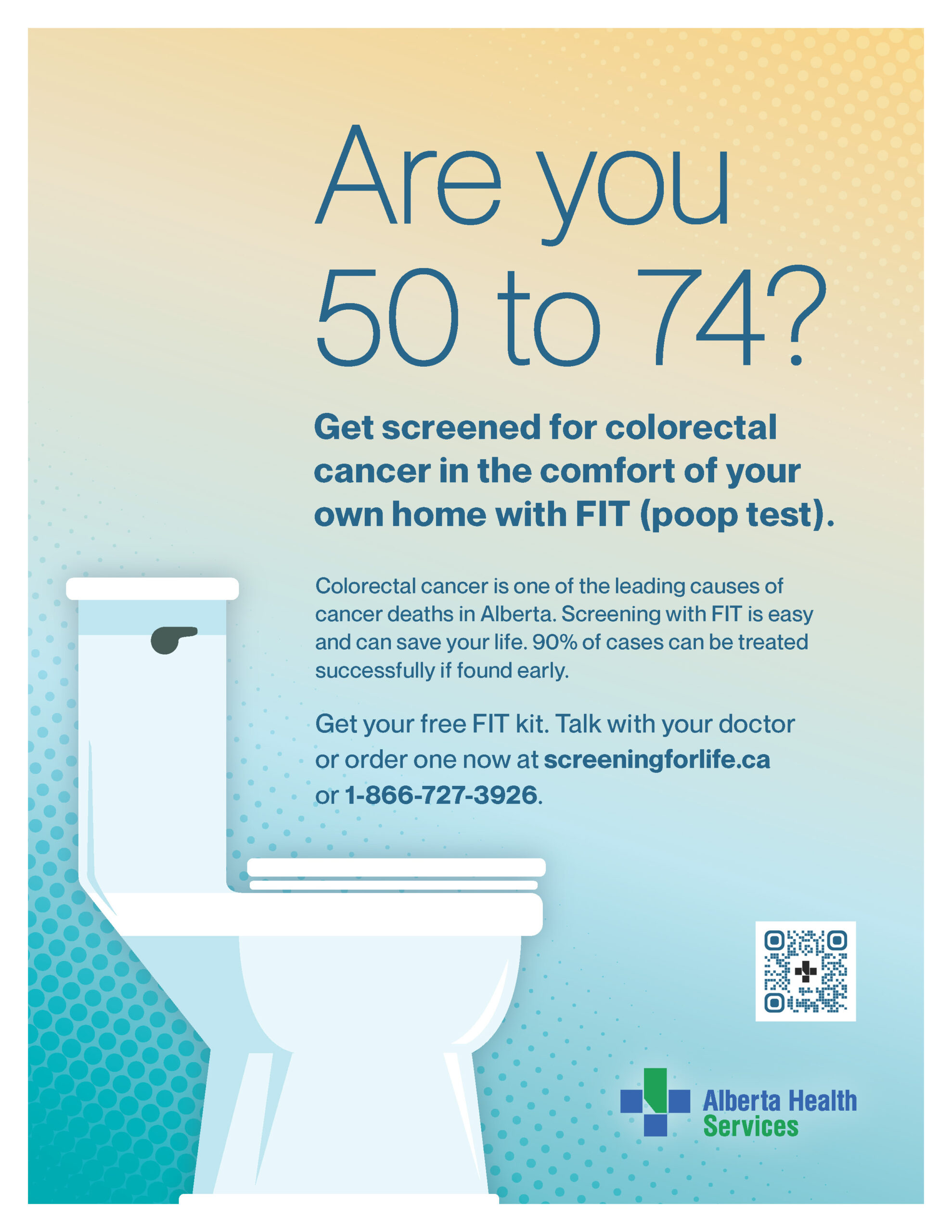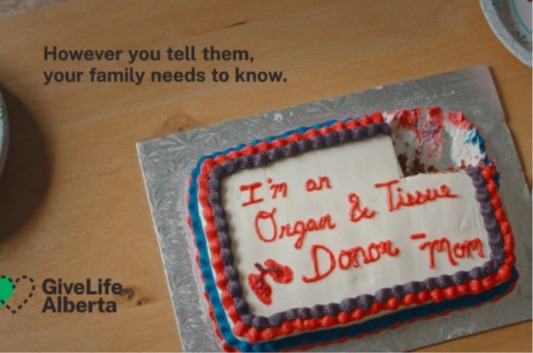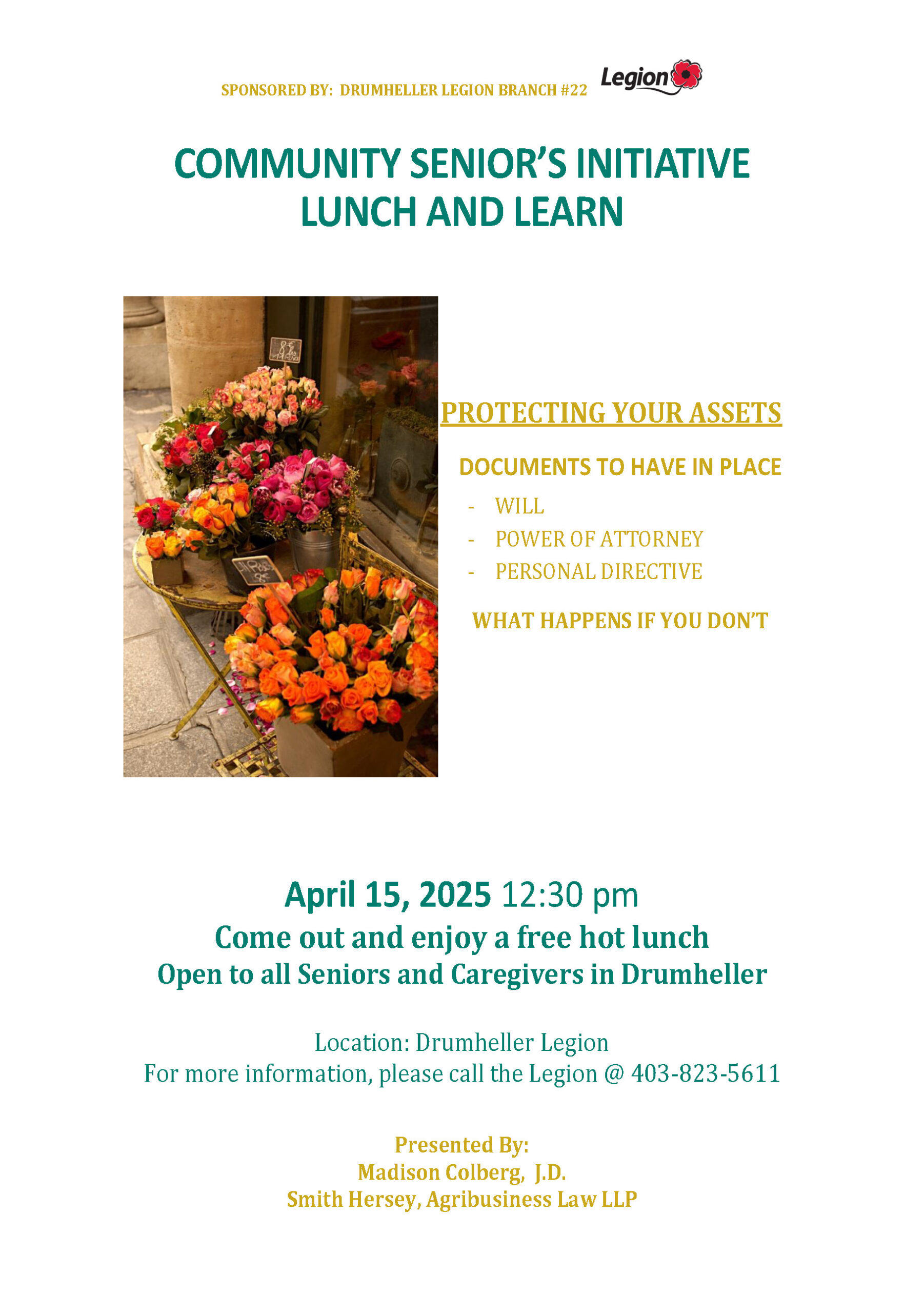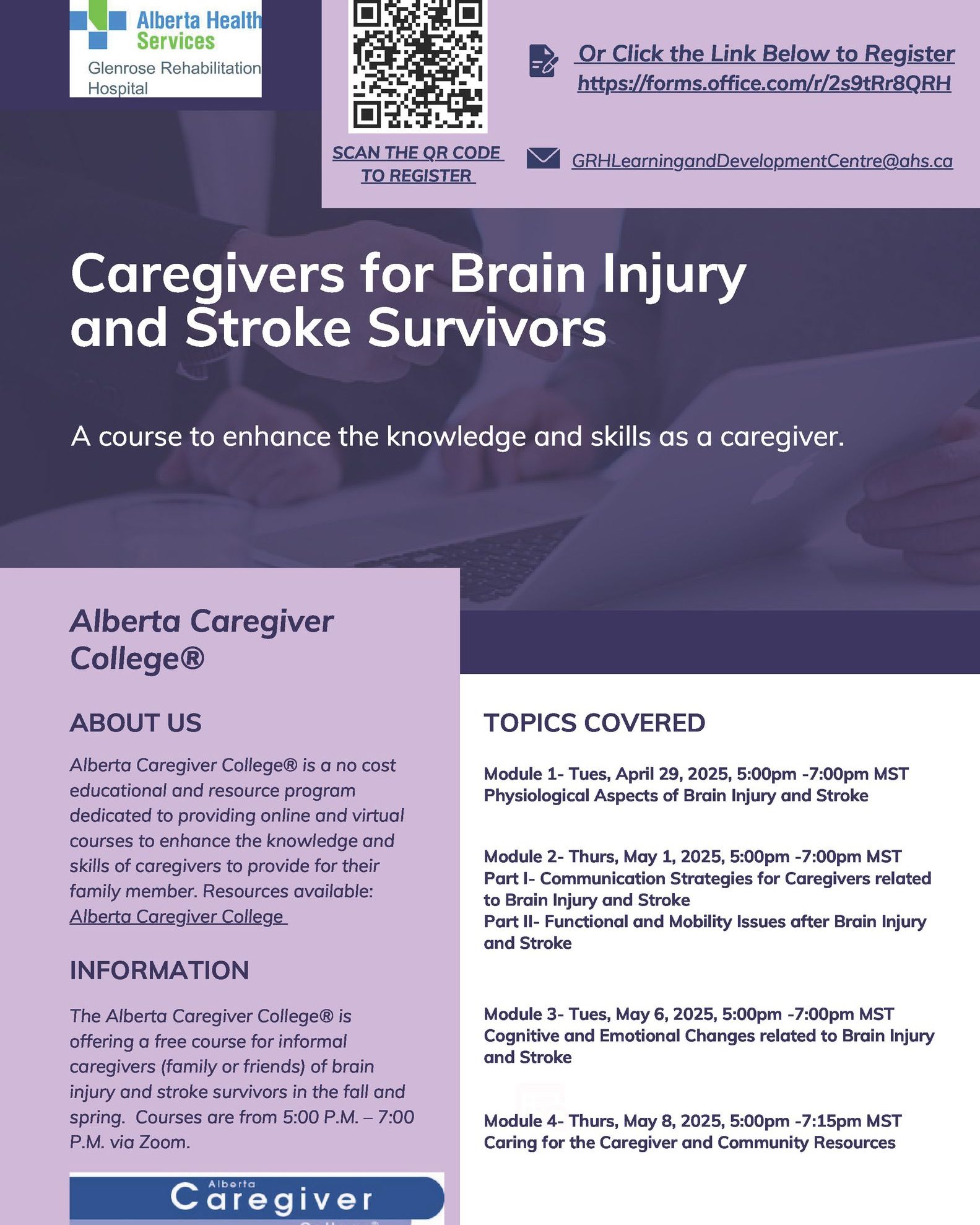May 17 is World Hypertension Awareness Day
A day to learn about managing blood pressure for better heart health. Hypertension means there is too much pressure in your blood vessels. Over time, this can damage them and can increase your risk of heart attack and stroke.
Managing high blood pressure may include changing what you eat, managing your body weight, being physically active, limiting alcohol, engaging in relaxation practices, reducing/ stopping tobacco use, and can include medication.
Consume more of:
– Vegetables and Fruits: They are packed with fibre and nutrients that can help lower blood pressure. Fresh, frozen or canned varieties can all help lower your risk. At meals, try to fill half your plate with vegetables and fruits.
– Whole grains: Whole grain foods include all parts of the grain and have important nutrients like fibre, vitamins, and minerals. If choosing a bread or a cereal, look for “whole” or “100% whole grain”.
– Beans, peas, and lentils: Replace meat with beans, peas, or lentils at some meals. Add kidney beans, chickpeas, and lentils to soups, casseroles, salads, and pasta sauce.
– Foods with calcium: Try to have at least 2 servings daily of calcium-rich foods like milk, yogurt, fortified plant-based beverages.
Eat or drink less off:
– Refined grains: Refined grains have parts of the grain removed when they are being processed, so they have less fibre and sometimes fewer vitamins.
– Added sugar: Sugar, syrup, or honey added to food and drinks.
– Added salt, packaged or processed food: Salt contains a mineral called sodium. Your body needs small amounts of sodium to work properly. Most Canadians eat almost 2 times the sodium they need.
– Caffeine: Caffeine is found in coffee and coffee-based drinks, tea, sodas and energy drinks. Limit caffeine to no more than 400 mg a day. This is equal to 2-3 cups or 500-750 mL of coffee.
When you start with small changes, eating what you eat or drink seems more manageable—your heart will thank you for it.
Visit: ahs.ca/nutritionhandouts and search “Nutrition and Lifestyle Choices to Manage Blood Pressure”.
AHS Wellness Article


